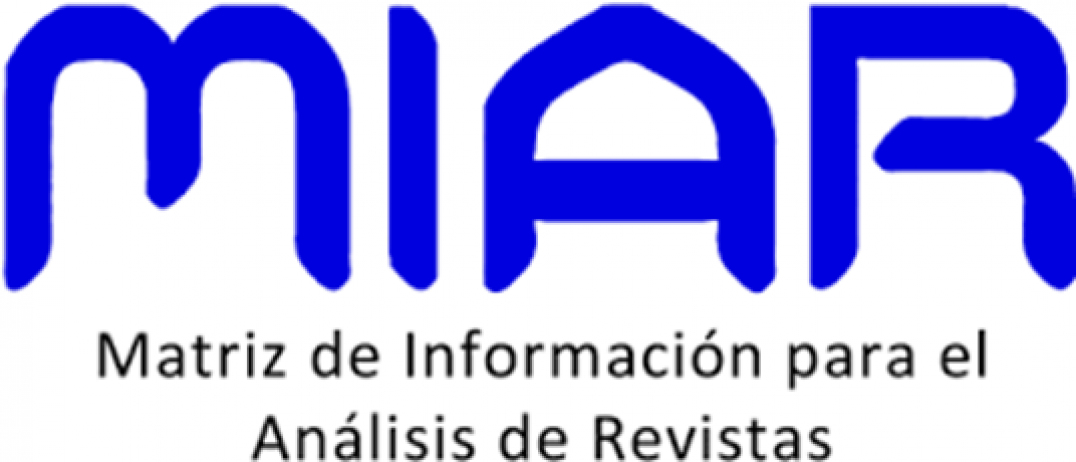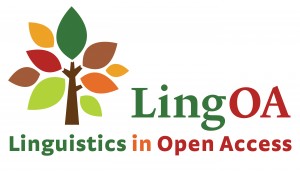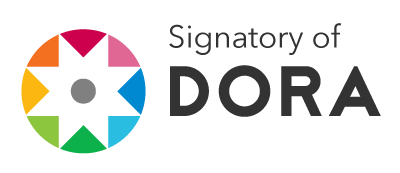Development of communicative competencies for professional purposes through the students’ perspectives
DOI:
https://doi.org/10.32870/vel.vi10.97Keywords:
Communicative competencies, professional training, academic talksAbstract
This study is aimed at analyzing the students’ perspectives about the use of strategies for the development of communicative competencies for professional purposes. It focuses on the experience the students had when participating in academic conversations in an open audience. It follows a qualitative and interpretive approach where three focus groups with 17 pre-service teachers of the ba in elt of the Autonomous University of Yucatan who participated in the academic conversations 2016 as speakers. The emergent analysis categories were verified through different research methods such as an online survey with open questions and after a year, a sample of the participants was interviewed again aimed at consolidating the analysis of the strategy considering the role now as in-service teachers. Among the results, it seems to be that the students give a symbolic value to the activity as a moment where the self-awareness of the acquisition of the exit competencies stated in the study program of the degree where they are enrolled. Besides, this activity allows them to see themselves as a role model for the upcoming groups of students and contribute to their future colleagues training process. Likewise, the activity seems to be relevant at a personal level, as it seemed to have motivated them to overcome obstacles and stage fear and put in practice academic skills such as the search of relevant information as well as the organization and planning of the academic discourse.
Downloads
Metrics
References
Brown, D. (2014). Principles of language learning and leaching. Nueva York, ee:uu.: Pearson.
Consejo de Europa. (2002) Marco común europeo de la lengua. España: Secretaría General Técnica del mecd/Subdirección General de Información y Publicaciones/Grupo Anaya. Recuperado de 7 de junio de 2017, de https://cvc.cervantes.es/ensenanza/biblioteca_ele/marco/cvc_mer.pdf
Curtis, E. (2012). The heart of quality teaching: A values-based pedagogy for pre-service teacher education. Tesis de doctorado no publicada. University Technology, Queensland.
Curtis, E. (2010). Embedding “Philosophy in the Classroom” in Pre-service Teacher Education. En R. Toomey, T. Lo-102 M. E. Balderas Garza, E. Alcocer Vázquez, M. T. Gullotti Vázquez. Desarrollo de competencias...vat, N. Clement & K. Dally (Eds.). Teacher education and values pedagogy: A student wellbeing approach (pp. 108-120). Terrigal, Australia: David Barlow Publishing.
Harmer, J. (2015). The practice of English language teaching. Harlow, Essex, Inglaterra: Pearson.
Hattie, J. (2004). It’s official: Teachers make a difference. Educare News: The National Newspaper for all Non-Government Schools (44), 24-31.
Hernández, R., Fernández, C. & Baptista, P. (2006). Metodología de la investigación. México: Editorial McGraw Hill.
Horwitz, E. K., Horwitz, M. B. & Cope, J. (1986). Foreign language classroom anxiety. Modern Language Journal, 70 (2), 125-132. Disponible en http://search.ebscohost.com/login.aspx?direct=true&db=ufh&AN=7109347&site=ehostlive
Hurtado, J. (2000). Metodología de la Investigación Holística. Caracas: Ediciones Quirón ciea, Sypal.
Janulevičienė, V. & Kavaliauskienė, G. (2011). English for specific purposes & public speaking. Comparative study. Societal Studies, 3 (2), 709-720.
Lovat, T. (2007). Values education and quality teaching: Two sides of the learning coin. En T. Lovat & R. Toomey (Eds.), Values education and quality teaching: The double helix effect (pp. 1-12). Terrigal, Australia: David Barlow Publishing.
Lovat, T. & Toomey, R. (Eds.). Values education and quality teaching: The double helix effect. Terrigal, Australia: David Barlow Publishing.
Manurung, K. & Mashuri, M. (2017). Implementing interest based instructional materials to minimize efl learners’ speaking skills de-motivating factors. Theory & Practice in Language Studies, 7 (5), 356-365.
Nunan, D. (1991). Language teaching methodology, a textbook for teachers. Inglaterra: Prentice Hall International.
Nunan, D. (1989). Understanding language classrooms, a guide for teacher-initiated action. Inglaterra: Prentice Hall.
Richards, J. & Rodgers, T. (2014). Approaches and methods in language teaching and applied
inguistics. Harlow, Inglaterra: Longman.
Ricoy, C. (2006). Contribución sobre los paradigmas de investigación. Educação. Revista do Centro de Educação, 3 (1), 11-22. Recuperado el 7 de julio, de: http://www.redalyc.org/articulo.oa?id=117117257002
Strauss, A. (1987). Qualitative analysis for social scientists. New York: Cambridge University Press.
Tamayo y Tamayo, M. (2003). El proceso de la investigación científica. México: Editorial Limusa.
Universidad Autónoma de Yucatán-uady. (2011). Modelo educativo para la formación integral. México: Autor. Recuperado el 7 de julio se 2017, de http://www.pdi.uady.mx/PDI2010-2020/docs/pips/3/mefi.%2010-Julio-2011.pdf
Uribe Enciso, O. (2012). Helping Business English Learners Improve Discussion Skills. Colombian Applied Linguistics Journal. 14 (2), 127-145.
Zwiers, J. & Crawford, M. (2011). Academic conversations. Classroom talk that fosters critical thinking and content understandings. Portland, ee.uu.:: Stenhouse Publishers.













